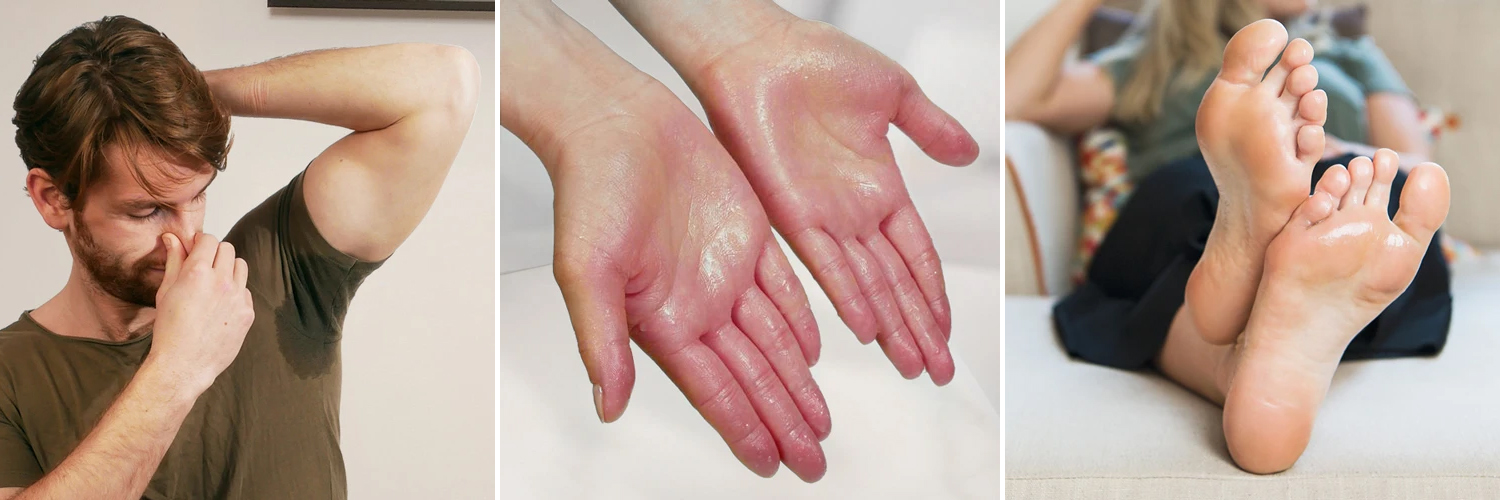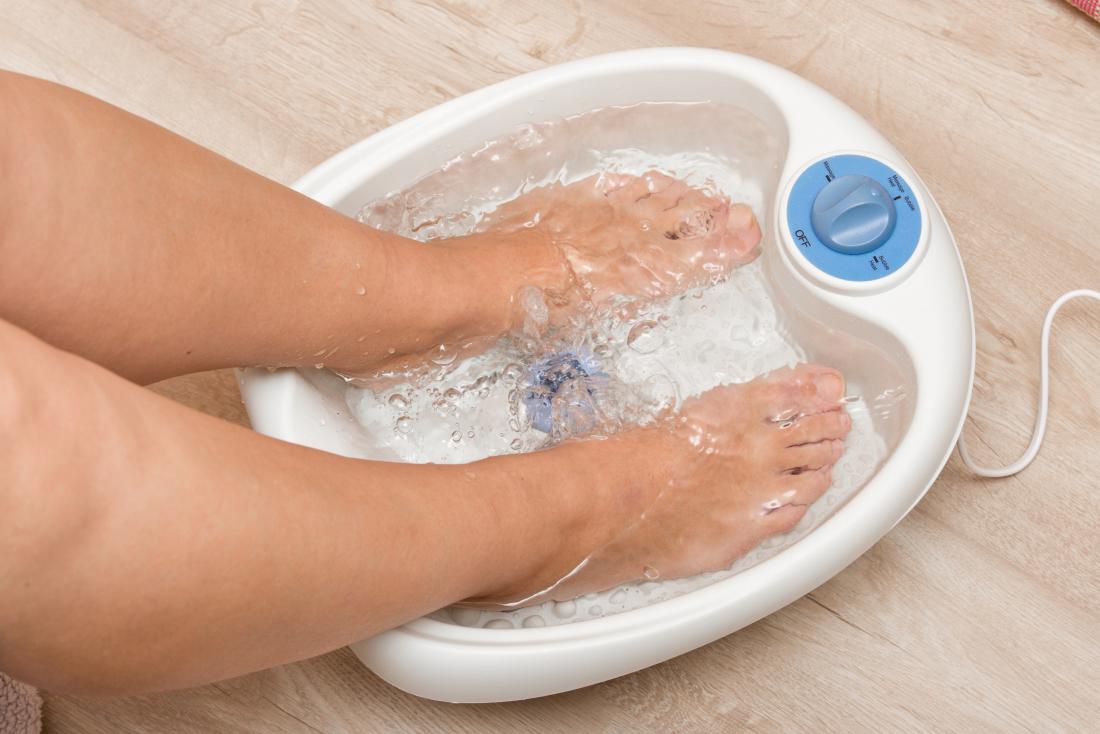Comprehending the Source of Excessive Sweating and Its Impact on Every Day Life
While it is generally comprehended as a physiological response to manage body temperature level, the triggers for extreme sweating can vary extensively amongst individuals, encompassing not just physical elements but additionally psychological and psychological components. By diving into the origin triggers of hyperhidrosis and discovering its diverse effects, a much deeper understanding of this pervasive concern can be gotten, shedding light on the intricacies that individuals grappling with too much sweating navigate on a daily basis.
Physiology of Sweat Glands
The regulation of sweat production, a vital physical process, is primarily controlled by the activity of sweat glands dispersed throughout the human body. Sweat glands are categorized right into two major kinds: eccrine and apocrine glands.
When the body temperature level rises, either because of physical activity, high temperature levels, or psychological tension, the worried system causes the gland to generate sweat. This sweat is made up mostly of water and electrolytes like sodium and chloride. The process of sweat production is crucial for maintaining the body's internal temperature level within a slim, optimum array, highlighting the crucial role sweat glands play in human physiology.
Triggers for Excessive Sweating
In understanding the origin triggers of too much sweating, it is essential to determine the triggers that can lead to this physical action. Physical effort, high temperatures, and spicy foods are likewise understood to activate excessive sweating in individuals susceptible to this condition.
In addition, medications such as some antidepressants, opioids, and specific supplements can also function as triggers for hyperhidrosis. Comprehending these triggers is vital in taking care of too much sweating effectively - Treatment for hyperhydrosis of hands and feet. By determining and resolving the specific triggers that prompt excessive sweating in an individual, medical care suppliers can develop individualized therapy strategies to relieve this condition and improve the person's lifestyle
Medical Issue Associated
Connected with extreme sweating are numerous clinical problems that can aggravate this physical action. One typical problem is hyperhidrosis, a disorder identified by abnormally increased sweating that exceeds the body's thermoregulatory demands. This can show up in focal areas like the palms, soles, underarms, or face, affecting an individual's lifestyle as a result of social shame and discomfort.
In addition, endocrine conditions such as hyperthyroidism, diabetes, and menopausal warm flashes can also lead to too much sweating. Hyperthyroidism creates an overflow of thyroid hormones, accelerating metabolic process and triggering sweating. Diabetic issues can cause sweating episodes, specifically during hypoglycemic episodes when blood sugar levels drop also reduced. Menopausal warm flashes, associated to hormone fluctuations during menopause, can trigger unexpected and intense sweating, frequently gone along with by flushing and heart palpitations.
Additionally, infections like hiv, endocarditis, and consumption have been linked with evening sweats, a common symptom recognized to interfere with sleep and impact general health. These medical problems highlight the varied variety of underlying factors that can add to extreme sweating, requiring thorough evaluation and management by healthcare professionals.
Emotional and emotional Factors

Effect on Social Interactions
Excessive sweating can have extensive results on an individual's ability to engage conveniently in social interactions. The noticeable signs of sweat discolorations or wet spots on clothing can lead to humiliation and self-consciousness, creating individuals to withdraw from social circumstances. This withdrawal can affect relationships, restriction social tasks, and prevent individual and specialist growth.

Furthermore, the anxiety and self-esteem problems originating from too much sweating can affect interaction and social abilities. Individuals might have a hard time to concentrate on conversations, take part in team activities, or reveal themselves with confidence. This can bring about sensations of isolation and solitude, as social links become testing to maintain.
Conclusion

While it is frequently understood as a physiological action to regulate body temperature level, the triggers for too much sweating can differ commonly amongst individuals, incorporating not just physical variables yet mental and also psychological components. By delving into the root causes of hyperhidrosis and exploring its complex results, a deeper understanding of this pervasive problem can be gotten, dropping light on the intricacies that people grappling with extreme sweating browse on a daily basis.
Physical effort, high temperatures, and spicy foods are likewise known to trigger excessive sweating in people vulnerable to this condition. By identifying and resolving the particular triggers that prompt too much sweating in a private, health care service providers can develop individualized therapy strategies to reduce this condition and improve the individual's top quality of life.
Too much sweating can have extensive results on a person's capacity to engage conveniently in social communications.